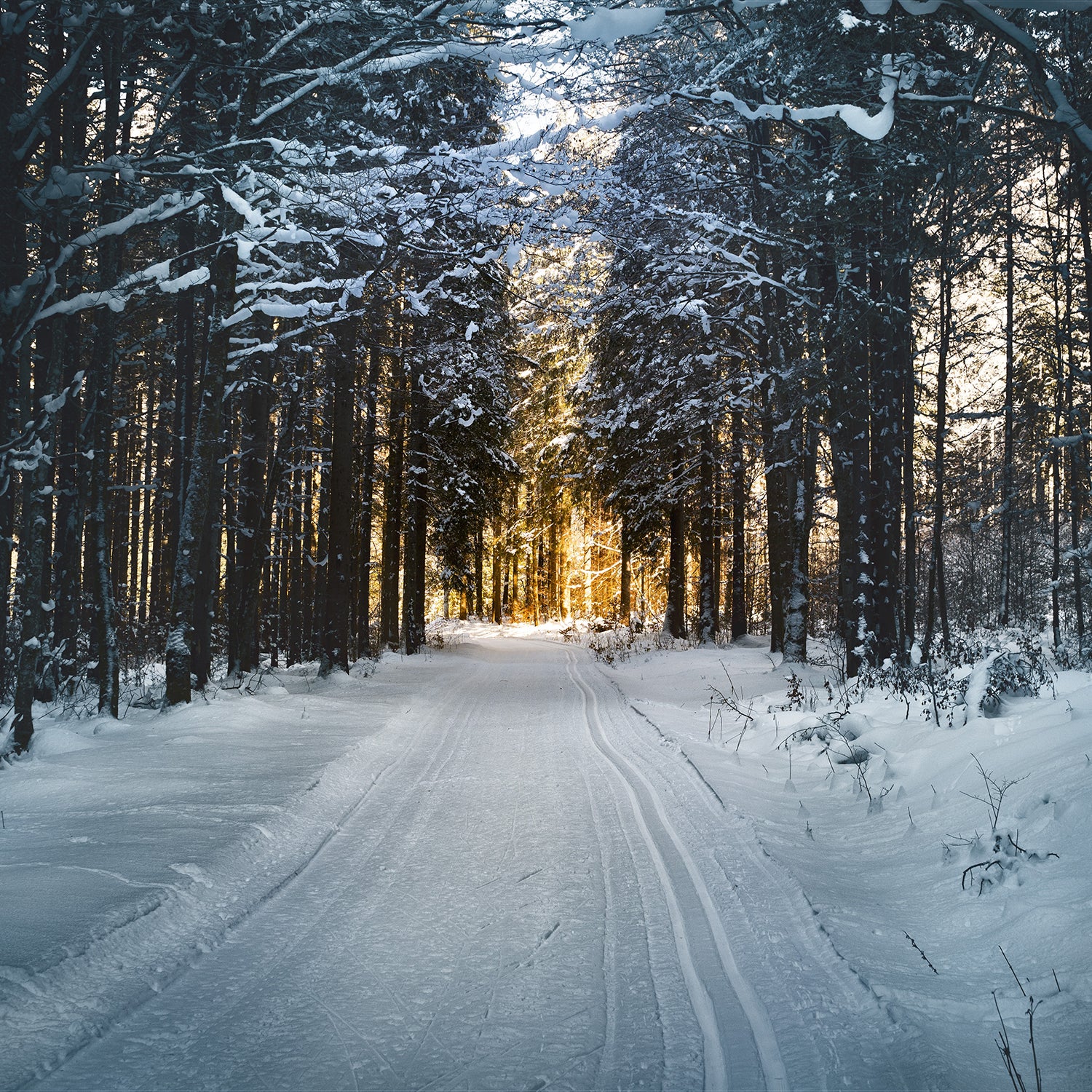Because I’m an antisocial freelance writer who works in my house, I have to take myself out into the world every morning��for a walk around my neighborhood��to hold onto some semblance of sanity. On one of my routes, there’s a��wooden��box��that a neighbor��occasionally��fill����wi
They don’t publish
the good news.
The good news is published
by us.
We have a special edition every moment,
and we need you to read it.
There is a lot of bad news. I would love to pretend otherwise, but I can’t, and sometimes it feels so bad that it’s paralyzing.
We’re in the depths of winter here in the Northern Hemisphere, and it’s dark in so many ways. But there are reasons why many��cultures have rituals that point toward trying to find a light. We’re past the solstice, and even though we can’t transpose the return of daylight onto societal or environmental darkness, I want to suspend disbelief, at least for a little while, and think about the good news: the wins, the ongoing fights for a livable planet, and the challenges that are on the horizon now that we’ve rolled��into a new decade.
What Are the Wins?��
We’ve passed bipartisan conservation legislation.
Last year, lawmakers came together across social and political divides to push policies through, like permanently reauthorizing the Land and Water Conservation Fund (although, ahem, we’d like to see more funding), signing a��historic compromise of the Colorado River Drought Contingency Plan, declaring White Sands America’s 62nd national park, and introducing the bipartisan , which will expand outdoor opportunities for veterans and low-income youth, prioritize recreation at federal agencies like the Bureau of Reclamation, and make permitting for outfitters easier. Those actions are big on their own, but more importantly, they set a baseline for compromise, demonstrating��that conservation is important across the country and across the aisle.��
We are listening to new voices.
Part of addressing environmental issues is unpacking historic inequity, particularly because disenfranchised groups are usually the ones who are hit the hardest. Slowly—and often through nontraditional channels—previously silenced voices, like those of tribes and outdoors people who aren’t white, straight, or able-bodied, are being brought into conversation. It is not nearly fast enough, but change is coming, and we’ve seen it in��, pollution lawsuits, and more.
And across the spectrum, young people are organizing and pushing action on climate change. It’s not just Time’����Person of the Year Greta Thunberg: the youth are ascendant.
Science has helped us make smart choices.
Technology isn’t just turning us into screen-watching . Remote cameras are alerting us to wildfires, satellites are monitoring ocean pollution, and we can now see exactly how much sea ice we’ve lost. When we know the shapes of challenges and damages, we can address them.
Companies are putting their money where their mouths are.
Money drives change, politically and socially, and more companies than ever are get behind the message that��what’s good for the planet is good for business. Big corporations, from McDonalds to Microsoft, are shifting their energy use. And the outdoor industry is putting more emphasis on��, including turning to recycled materials and renewable energy.��
We’re finally talking about climate.
Until recently, environmental issues were a�� for the majority of Americans. We cared about it, but not more than we did about the economy or health care. As we’ve started to see personal impacts, that’s changed. Every remaining Democratic��presidential candidate has pledged to shoot for .��
Where Can We Make a Difference?��
Watching for sneaky rollbacks and negligence in politics on every level
The Trump administration has rescinded a whopping number of environmental regulations—— public-land resources to unnecessary locations, and triggered an��exodus of employees at federal agencies. To stanch the flow of those shortsighted losses, we have to vote and keep every branch of government accountable.
Figuring out a fossil-fuel-free economy
We have to cut carbon consumption��to keep the world from turning into a charcoal briquette. It needs to come from everywhere: holding oil companies accountable, passing legislation, developing renewable energy sources and non-carbon transportation. Many such pathways are often already technologically viable. We have to make sure they are financially stable.
Amplifying the truth
I worry daily about the��, and with it, the exposure of truth and our ability as citizens to check power. That, to me, is a big, scary environmental issue. So if I can proselytize one piece of advice, it would be to dig in locally. Look for the news outlets spotlighting what’s important in your area, and support them.��Subscribe to them. Fund them. Reporting, especially the kind of deep dives that uncover corruption, oversights, and wrongdoing,��doesn’t happen without resources.
Where Is the Light on the Horizon?
A national election
November is hurtling toward us, and so much is tied up in the upcoming American presidential election. Pick��, it’s on the table: the Green New Deal, the tenability of the Paris accords, clean energy, the ocean.��
Translating science into policy and action
That sea-ice thing I mentioned above? Sure, awareness is important, but knowing is much less than half the battle. The science behind our role in global warming is unarguable and has been for three decades. Now��we need to act.
Thinking globally
A normal response to any threat is to protect yourself and the people you love. But in the face of climate change, that very human logic doesn’t help in the long run. We need to think globally and��fight the urge to draw inward.��
None of these things are going to be easy. But I don’t think getting bogged down by the bad news does any good. We have to look for—and we have to create—the light. Like Thich Nhat Hanh says:
The good news is that you are alive,
and the linden tree is still there,
standing firm in the harsh Winter.


